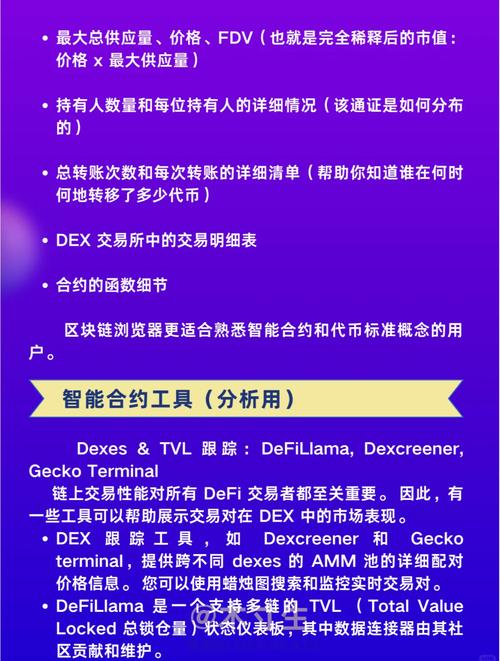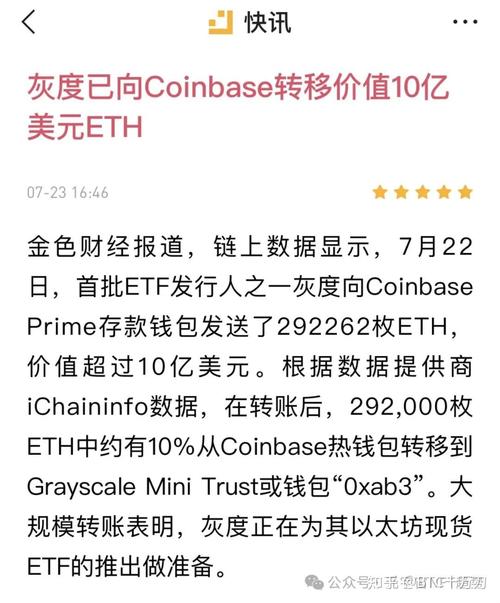Is ETH a Token or a Coin? A Comprehensive Guide
When it comes to cryptocurrencies, Ethereum (ETH) is one of the most widely discussed and debated topics. Many people often wonder whether ETH is a token or a coin. In this article, we will delve into the details and provide you with a comprehensive understanding of Ethereum’s nature. Let’s explore the differences between tokens and coins, and then determine where ETH fits in this classification.
Understanding Tokens and Coins
Before we can answer whether ETH is a token or a coin, it’s essential to understand the differences between the two.

Coins are standalone cryptocurrencies that operate independently of any other blockchain. They are typically used as a medium of exchange, store of value, and a unit of account. Examples of coins include Bitcoin (BTC) and Litecoin (LTC).
Tokens, on the other hand, are digital assets that are built on top of existing blockchains, such as Ethereum. They are often used to represent ownership, access, or participation in a specific project or service. Tokens can be categorized into various types, such as utility tokens, security tokens, and governance tokens.
Ethereum: The Blockchain Platform
Ethereum is a decentralized blockchain platform that enables the creation of smart contracts and decentralized applications (DApps). It was launched in 2015 by Vitalik Buterin, a Russian-Canadian programmer.
The Ethereum network is powered by its native cryptocurrency, ETH. ETH serves multiple purposes within the Ethereum ecosystem, including:

- Transaction fees: Users pay ETH to cover the cost of executing transactions on the Ethereum network.
- Smart contract execution: Developers use ETH to deploy and run smart contracts on the Ethereum network.
- Staking: Users can earn ETH by participating in the Ethereum network’s proof-of-stake consensus mechanism.
Is ETH a Token or a Coin?
Now that we have a clear understanding of both tokens and coins, let’s determine whether ETH is a token or a coin.
ETH is often referred to as a “coin” because it is a standalone cryptocurrency that operates independently of any other blockchain. However, it can also be considered a “token” because it is built on the Ethereum blockchain and serves various purposes within the Ethereum ecosystem.
Here are some key points to consider:
- Standalone Cryptocurrency: ETH is a standalone cryptocurrency that can be used for transactions, investments, and as a store of value.
- Utility: ETH serves multiple purposes within the Ethereum ecosystem, such as transaction fees, smart contract execution, and staking.
- Blockchain Platform: ETH is built on the Ethereum blockchain, which is a platform for creating and deploying DApps and smart contracts.
Based on these points, it can be concluded that ETH is both a token and a coin. It is a standalone cryptocurrency that operates independently of any other blockchain, but it is also built on the Ethereum blockchain and serves various purposes within the Ethereum ecosystem.
Ethereum’s Market Position
Ethereum has become one of the most popular and valuable cryptocurrencies in the market. As of the time of writing, ETH is the second-largest cryptocurrency by market capitalization, trailing only Bitcoin (BTC).
ETH’s market position can be attributed to several factors:
- Platform for DApps: Ethereum has become the go-to platform for developing and deploying DApps, which has driven demand for ETH.
- Smart Contracts: The ability to create and execute smart contracts on the Ethereum network has made it a preferred choice for developers and businesses.
- Community Support: Ethereum has a strong and active community that supports its growth and development.
Conclusion
In conclusion, Ethereum (ETH) is both a token and a coin. It is a standalone cryptocurrency that operates independently of any other blockchain, but it is also built on the Ethereum blockchain and serves various purposes within the Ethereum ecosystem. As one of the most popular and valuable cryptocurrencies in the market, ETH’s future looks promising, especially with the ongoing development of the Ethereum 2.0 upgrade.
| Feature | Token | Coin |
|---|---|---|
